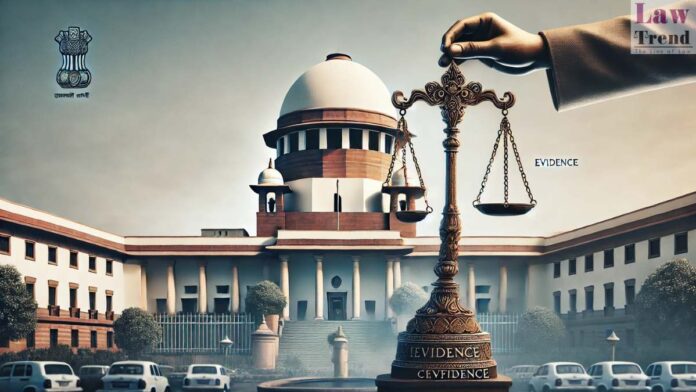The Supreme Court of India, in a significant ruling on civil procedure, has held that a review petition is not maintainable if it is based on a subsequent decision of a superior court that has reversed or modified the law. A bench comprising Justice Aravind Kumar and Justice N.V. Anjaria allowed an appeal filed by
To Read More Please Subscribe to VIP Membership for Unlimited Access to All the Articles, Download Available Copies of Judgments/Order, Acess to Central/State Bare Acts, Advertisement Free Content, Access to More than 4000 Legal Drafts( Readymade Editable Formats of Suits, Petitions, Writs, Legal Notices, Divorce Petitions, 138 Notices, Bail Applications etc.) in Hindi and English.




